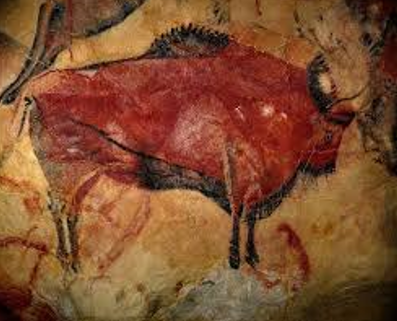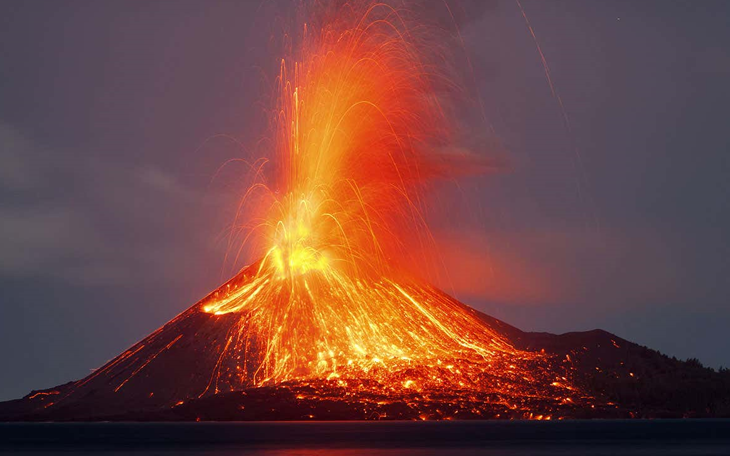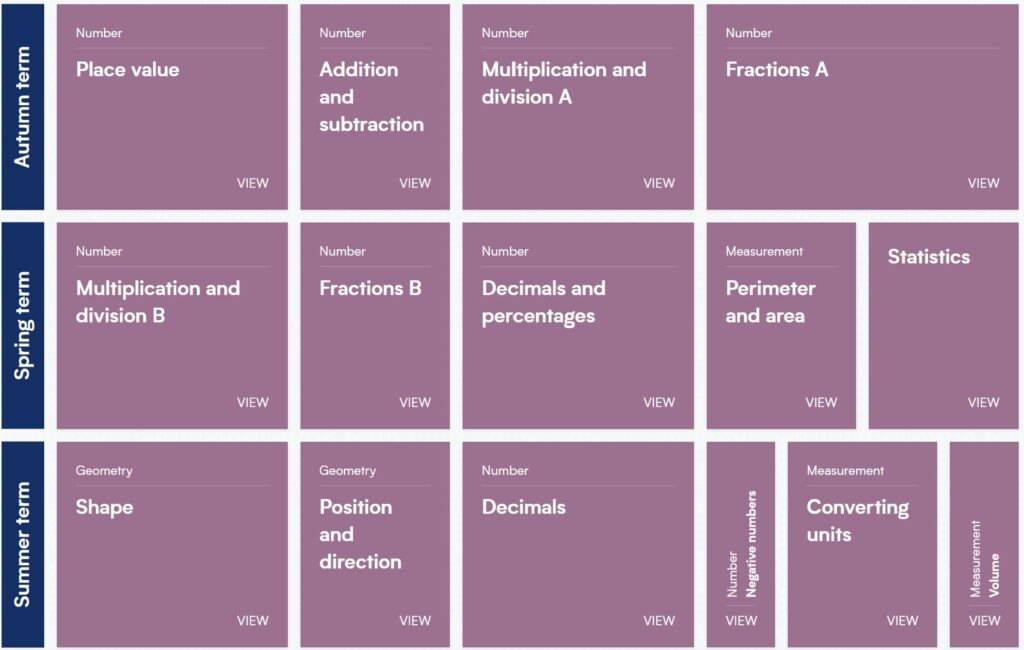Welcome to Class 4
In Class 4, we have Year 4 and Year 5 children learning together in a supportive and engaging environment. Maths and Reading are taught in year groups, ensuring that every child is challenged and supported at the right level. We also enjoy English, where we develop our writing and grammar skills through a range of high-quality texts.
In the afternoons, we dive into a variety of foundation subjects, making learning creative, hands-on, and exciting. A weekly highlight is our PE lesson with coaches from Chesterfield Community Football Club (CCFC) – always energetic, active, and full of fun!
Our classroom is a place where we work hard, have fun, and support one another — learning and growing together to be the best we can be.
Teaching Team:
Miss Challinor – Class Teacher
Amazing things we are learning about!
Autumn Term
Year 4 - Through the Ages

This term our main subject driver is history. The children will be travelling back through time to find out what life was like during the Stone Age, Bronze Age and Iron Age. They will explore how people lived - what they ate, what they wore, what tools they had and how they survived. They will also investigate evidence left behind by these communities and use it to understand more about this fascinating period in history.
This term the children will discover what humans and animal eat and why food is essential for survival. They will dive into the secrets of balanced healthy diets and learn how to keep their bodies strong and energetic. But that's not all - they will also investigate the amazing skeleton finding out how it supports and protects humans while naming some key bones. There will be lots of hands on activities, fascinating discoveries and many wow moments.
In geography this term the children are going on a journey around the world. They will find countries and cities on maps, use compass points and grid references. They will also explore the five major climate zones and learn about some important places in the United Kingdom. The children will be real life explorers and discover the world like never before.
This term in design and technology the children will become master chefs. They will learn all about food groups and the Eatwell Guide. They will explore different methods of cooking and put their skills to the test by cooking their own delicious dishes using ingredients from all food groups. The children will taste, create and enjoy some amazing dishes!
In art and design the children will travel back in time to become prehistoric potters. Linked to their history learning this topic teaches them all about Bell Beaker pottery and the people who made it thousands of years ago. They will explore and use different clay techniques to create a prehistoric masterpiece!
In RSHE this term the children will focus on health and wellbeing, learning about healthy diets, dental hygiene and their own super skills. They will explore how to overcome barriers and develop into healthy individuals, both in mind and body. In the second half of the term the children will be learning about families and relationships. The children will learn about healthy friendships, what makes a good friend, boundaries and different types of families.
Below are links to knowledge organisers, if you would like to find out more:
Year 5- Dynamic Dynasties
In Dynamic Dynasties, children will explore the fascinating history of ancient China. They will study the first five Chinese dynasties, focusing on the Bronze Age Shang Dynasty and the evidence discovered in the ancient city of Yin. Children will investigate oracle bones, religious beliefs, and bronze artefacts, and learn about power, hierarchy and warfare during this time. They will also discover influential figures such as the military leader Fu Hao, philosopher Confucius, and Emperor Qin Shi Huang. Finally, they will explore how ancient China’s achievements, including the Silk Road, continue to influence the world today.
In Science, children will learn about different types of forces, including gravity, friction, air and water resistance. Through hands-on investigations, they will measure mass and weight, explore how friction affects movement, and discover how mechanisms such as gears, pulleys and levers make tasks easier. Then children will learn about the planets in our Solar System and how they move around the Sun. They will explore the Earth’s rotation and tilt to understand day, night and the seasons, and investigate the Moon’s phases and eclipses. Children will also find out how scientists and ancient civilisations have studied space throughout history.
In Art, children will learn about the significance and art of the taotie motif, including ancient and contemporary casting methods. The children will learn about colour theory by studying the colour wheel and exploring mixing tints, shades and tones. They learn about significant landscape artworks and features of landscapes before using this knowledge to create landscape paintings.
In Geography, children will use Ordnance Survey maps to explore their local area, learning about contour lines, grid references and map scales. They will find out about the Prime Meridian, time zones around the world, and how climate, vegetation and biomes influence where animals live. Children will also study human geography, including capital cities, settlement types and transport networks across the UK. To finish the project, they will carry out fieldwork to investigate local settlements.
Below are links to knowledge organisers, if you would like to find out more:
Spring Term
Year 4 - Rocks, Relics and Rumbles

Our main subject driver for this term is geography. This project helps children explore the incredible features and characteristics of our planet’s structure. They will learn about the layers of the Earth — from the crust to the core — and discover how volcanic, tectonic, and seismic activity shape the world we live in. Through engaging investigations, model-building, and research, pupils will develop a deeper understanding of how the Earth’s surface changes over time and the powerful natural forces at work beneath our feet.
In one art project, children will explore the beauty of spiral shapes found in nature, focusing on the ammonite as inspiration. They will study how artists use spirals in their work and experiment with a range of artistic techniques, including sketching, printmaking, and clay sculpture. Through this creative exploration, pupils will develop their skills in drawing, texture, pattern, and form, linking their art to themes from Earth’s natural history and geology.
For a further art project the children will step into the world of L.S. Lowry, where bustling streets and matchstick figures come to life! In this exciting project, children will explore the art of figure drawing and discover how Lowry captured the energy and rhythm of everyday life in his urban scenes. Pupils will experiment with line, movement, and perspective, then create their own vibrant artwork inspired by scenes from their school and local area. This project encourages children to see beauty in the ordinary and express the world around them through their own creative lens.
In design and technology we have a fun project called making it move. Children will learn how things move using cams. They will try out different cam shapes to see how they make parts go up and down, then design and make their own moving toy. Finally, they will test and improve their toys, just like real engineers!
In RSHE we will learn about citizenship, where children will become mini citizens of their school and community! They will explore rules and responsibilities, learn how to work together respectfully, and discover the different jobs people do in the local area. Through discussions, role-play, and fun activities, pupils will understand how they can make a positive difference in their school and community.
In Economic Wellbeing, children will step into the world of money and saving. They will learn about bank accounts, spending wisely, and planning for the future, gaining skills to make smart choices with money. Hands-on activities and real-life examples help children see how these skills are useful every day.
Below are links to knowledge organisers, if you would like to find out more:
Year 5- Sow, Grow and Farm
In our Sow, Grow and Farm project, children will explore how food is produced, both in the past and today. They will learn about allotments in the United Kingdom and how these became important during the Second World War to support food rationing.
Through science-based learning, children will study food webs and animal life cycles, discovering how living things depend on one another within a habitat. They will also investigate how plants reproduce, including dissecting flowers to identify the different parts and their functions.
Children will find out about farming in the UK and around the world, including modern farming techniques and the challenges farmers face. They will explore the benefits of eating seasonally, learn about food preparation and cooking, and consider the advantages and disadvantages of importing food from other countries.
In our Human Reproduction and Ageing project, children will learn about life cycles and how living things grow and change over time. They will order and compare the life cycles of different animal species and learn about mammals, including the five key characteristics that define them. Children will sort vertebrates to decide which animals are mammals and compare different mammalian life cycles.
They will use data to investigate the relationship between a mammal’s mass and the length of its gestation period by creating and interpreting scatter graphs. The project explores the stages of the human life cycle, from conception to old age, including gestation, birth, and development through infancy and adolescence. Children will learn about the changes that occur during puberty, interpret data about human growth, and study the human reproductive system and sexual reproduction. Finally, they will explore how humans continue to change as they age and investigate how ageing can affect reaction times.
This term also includes two exciting art projects. Children will learn about the visual qualities of line, light and shadow, exploring the work of Pablo Picasso and Rembrandt. They will experiment with a range of shading techniques and take black and white photographs, using pencil, pen and ink wash to reimagine their photographs as expressive shaded drawings.
In addition, children will study the genre of land art. They will work outdoors to sketch natural forms and explore the sculptural potential of natural materials before collaborating to create their own land art installations.
Below are links to knowledge organisers, if you would like to find out more:
Summer Term –
Year 4 - Emperors and Empires
In Summer, our subject driver is history where the children will step back in time and explore the world of the Romans! In this project, children will discover the rise and fall of the Roman Republic and Empire, meet powerful emperors, and learn about the Roman army and society. They will follow the Romans as they invade and conquer Britain, hear the story of Boudicca’s rebellion and find out how Roman ideas and Christianity shaped Britain. Through hands-on investigations, stories, and local history discoveries, pupils will see how the Romans left their mark on Britain, making history come alive right in their own community!
Get ready to explore the amazing world of plants in one science topic! Children will investigate what plants need to grow and survive and discover how each part of a flowering plant has an important job. Roots and stems move water, leaves make food, and flowers help new plants grow. Through hands-on experiments and observations, pupils will see how plants are clever, living machines, and learn to appreciate just how amazing and important plants really are!
In science, children will explore the fascinating world of light and dark! They will investigate reflections and shadows, looking for patterns in what they observe. Pupils will also learn about the dangers of the Sun and how to stay safe while enjoying daylight. This hands-on topic is full of experiments, discovery, and exploring how light shapes the world around us.
Step back in time and become a mosaic master in one of our art topics! In this project, children will explore the history of mosaics and discover the colours, patterns, and themes of Roman designs. They will learn techniques to plan, design, and create their own mosaic border tile, turning tiny pieces into stunning, colourful artworks. This project is all about creativity, precision, and having fun while making something amazing!
Get ready to bring nature to life through art! In our art project, children will explore botanical art, creating natural weavings, bold two-colour prints, and stunningly detailed paintings of fruit. They will learn to look closely at shapes, colours, and patterns in nature and turn their observations into beautiful, creative artworks. This project is all about experimenting, exploring, and celebrating the beauty of plants!
In our design and technology project, children will learn all about greenhouses – their purpose, how they are designed, and the special features that make them work well. They will explore the work of two famous greenhouse designers and discover how to make structures stronger and use tools safely. Using what they’ve learned, pupils will design and build their own mini greenhouse, putting their ideas into action!
In our RSHE unit this term, children will learn important ways to stay safe and take care of themselves. They will explore topics like allergies, basic first aid, privacy, secrets, and staying safe online. Through discussions, activities, and real-life examples, pupils will build the knowledge and confidence to make safe choices every day.
Below are links to knowledge organisers, if you would like to find out more:
Year 5- Groundbreaking Greeks
During this term, children explore different periods of Greek history, from early civilisations to the Classical era. They learn how geography shaped the development of city states, discover life in Athens and find out why Greek art, architecture, philosophy and science were so influential. They also study Alexander the Great and how Greek ideas spread through the Roman Empire, before deciding which Greek idea had the greatest impact and how its legacy continues today.
In science, children investigate the properties of materials and test their suitability for different purposes. They explore thermal conductivity, solubility and how to separate mixtures using sieving, filtration and evaporation. Through practical experiments, they learn about reversible and irreversible changes and discover how materials scientists develop innovative new materials.
Children also learn about how architectural styles and technology have developed over time and use this knowledge to design their own buildings with specific features. In art and design, they explore papermaking and collage techniques using a range of materials, creating a small-scale mixed media collage. They also study the Expressionist art movement and the work of Edvard Munch, experimenting with ways to show feelings and emotions in art to produce imaginative self-portraits.
Below are links to knowledge organisers, if you would like to find out more:
Science - Properties and Changes of Materials
Maths
As a school, we follow the White Rose Maths scheme, which sets out what your child will learn in maths throughout the year.
Each year is divided into three terms – autumn, spring and summer – with each term covering key topics in blocks of learning. Below is an outline of the main areas covered and a link to videos showing what your child has been learning.
To support your child’s maths learning at home, regular times tables practice is essential. By the end of Year 4, children are expected to know all their multiplication and division facts up to 12 × 12. Continue to make this enjoyable through games, songs and online challenges. Quick recall of these facts helps children in many areas of maths as they move into upper Key Stage 2.
Our calculation policy explains how children are taught to calculate using the four mathematical operations. As they move through the school, their methods become increasingly efficient and formal, building on strong mental and pictorial foundations.
Year 4
Children become more confident with written methods and start applying them to more complex calculations.
-
Addition and Subtraction: Add and subtract numbers with up to four digits using formal columnar methods where appropriate.
-
Multiplication and Division: Recall all multiplication and division facts up to 12 × 12. Multiply two- and three-digit numbers by a one-digit number using formal written layout. Use place value and known facts to multiply and divide mentally.
-
Place Value: Recognise the value of each digit in a four-digit number (thousands, hundreds, tens, ones).

Year 5
In Year 5, children extend their understanding to work confidently with larger numbers, decimals and fractions, and develop fluency with more formal written methods.
-
Addition and Subtraction: Add and subtract numbers with more than four digits using formal written methods and check answers using estimation and inverse operations.
-
Multiplication and Division: Multiply and divide numbers mentally and using formal written methods, including multiplying four-digit numbers by one- or two-digit numbers. Understand factors, multiples, squares and cubes, and solve problems involving these concepts.
-
Place Value: Recognise and understand numbers up to 1,000,000, including rounding, comparing and ordering them. Read, write and understand numbers with up to three decimal places.

Useful Documents and links
(please always check the website before a child uses it)
Common exception words Year 3 and 4
Common exception words Year 5 and Year 6
Books for topics - book ideas for your children to read
National geographic - lots of useful information on topics we will be learning about
BBC Bitesize - information on all areas of the curriculum
Primary curriculum - Primary Curriculum website explains what your child will learn and what they need to know this year.
While every attempt has been made to ensure the suggested websites are child-friendly and safe, please tell a member of staff if you have any e-safety concerns regarding these suggestions.

 Woodthorpe Church of England Primary School
Woodthorpe Church of England Primary School